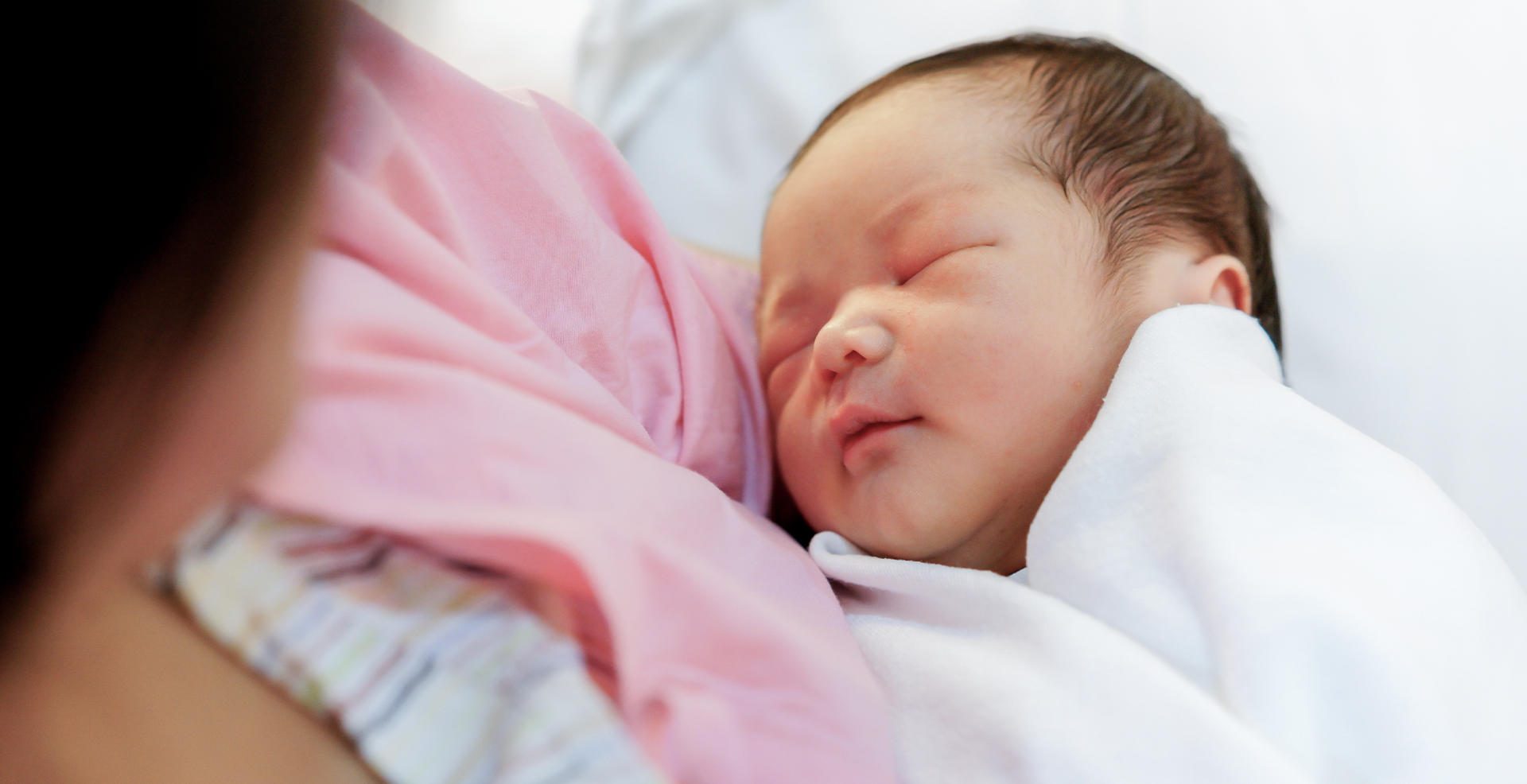For many new mothers, anxiety is one of the most common complaints during the postpartum period, with some studies suggesting that 30 percent of mothers experience anxiety during this time.1 The effects of anxiety can be numerous, including, but not limited to, interfering with breastfeeding and the emotional bond that develops between mother and infant.
Additionally, anxiety is a very strong indicator of postpartum depression, which usually occurs at about the same time.
Some recent research indicates that slow-stroke back massage can help decrease anxiety in women after child birth.
The Study
For this single blind controlled clinical trial, 100 mothers with normal deliveries were randomly selected to either an intervention or control group using binary blocks. Inclusion criteria were as follows: being primiparous with a healthy baby, a maternal age of between 18 and 45, ability to read and write and breastfeeding while in the hospital. Both groups were followed up with just before, immediately after and the morning after the intervention. Data were collected using a demographic questionnaire and Spielberger’s state anxiety inventory questionnaire.
Participants assigned to the intervention group received 20 minutes of slow-stroke back massage while in a sitting position. An odorless ointment was used during the massage so as not to hinder the development of attachment between mother and infant, a bond that is, in part, dependent on smell.
All massage therapy was performed by a trained professional.
For the control group, the researcher stayed with the mother for 20 minutes.
The Results
The average age of the mothers was 22, and there was no significant difference between the mean anxiety scores of the experimental and control groups before the intervention.
Immediately after massage and the morning after, however, there was a significant between-group difference, with the anxiety level of the experimental group being significantly reduced when compared to the control group.
